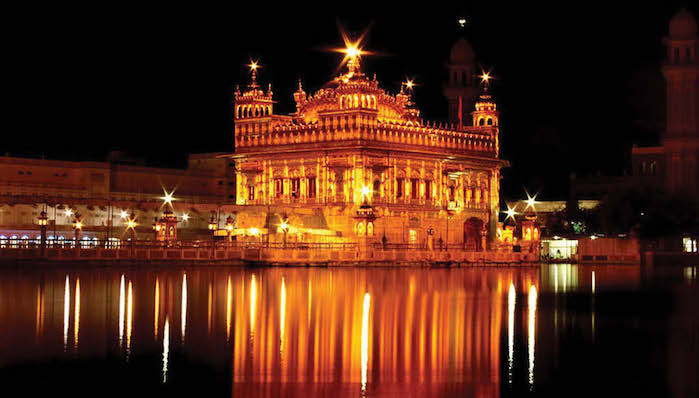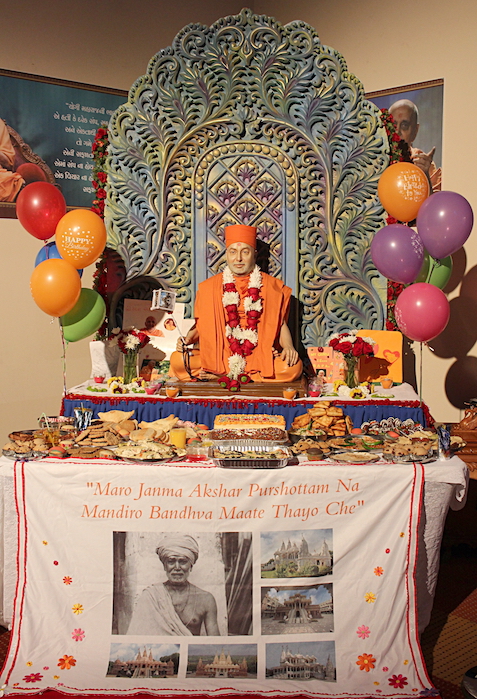
The Sikh celebration of the return of the sixth Nanak from detention in the Gwalior Fort coincides with Hindu festival of Diwali.
 This coincidence has resulted in similarity of celebration amongst Sikhs and Hindus. The Sikhs celebrate this day as Bandi Chhor Divas i.e., “the day of release of detainees”, because the sixth Nanak had agreed to his release on the condition that the other fifty-two detainees would also be released. These other fifty-two detainees were the vassal kings who had done something to annoy the emperor.
This coincidence has resulted in similarity of celebration amongst Sikhs and Hindus. The Sikhs celebrate this day as Bandi Chhor Divas i.e., “the day of release of detainees”, because the sixth Nanak had agreed to his release on the condition that the other fifty-two detainees would also be released. These other fifty-two detainees were the vassal kings who had done something to annoy the emperor.
Emperor Jahangir had imprisoned the sixth Nanak because he was afraid of the Guru’s growing following and power. The Sikhs on this day, which generally falls in october-November, hold a one-day celebrations in the Gurdwaras. So in the evening, illuminations are done with Deewé (earthen oil lamps) or candles and fireworks. The celebrations are held both in the Gurdwaras and in homes.
The story of Diwali for the Sikhs is a story of the Sikh struggle for freedom. From the time of Guru Nanak (1469 – 1539), the founder of Sikhism, popular seasonal or folk festivals like the harvest festival of Vaisakhi, or ancient mythological festivals like Holi and Divali, or worship rituals like Aarti, began to take on a new significance for the Guru’s students, the Sikhs.
The Guru used these festivals and special days e.g. first day of each lunar month, as symbols or pegs for his teaching themes. And so the Sikhs were slowly diverted from darkness of superstitious ritualism based on fear and ignorance to an enlightened ideology based on reason and belief in One Creator. The enlightened ideology of Guru Nanak gave new significance to ancient festivals like Divali and Vaisakhi So what about Divali, the festival of lights when, according to Indian lore, Lord Rama returned home after destroying the demon god Ravana who had taken away Rama’s wife, Sita?
The story, of course, has no significance in the Sikh tradition. However, in the Sikh struggle for freedom from the oppressive Mughal regime, the festival of Divali did become the second most important day after the Vaisakhi festival in April. The Sixth Guru Hargobind, was freed from imprisonment in the famous fort of Gwalior by Emperor Jahangir in October, 1619.





Be the first to comment